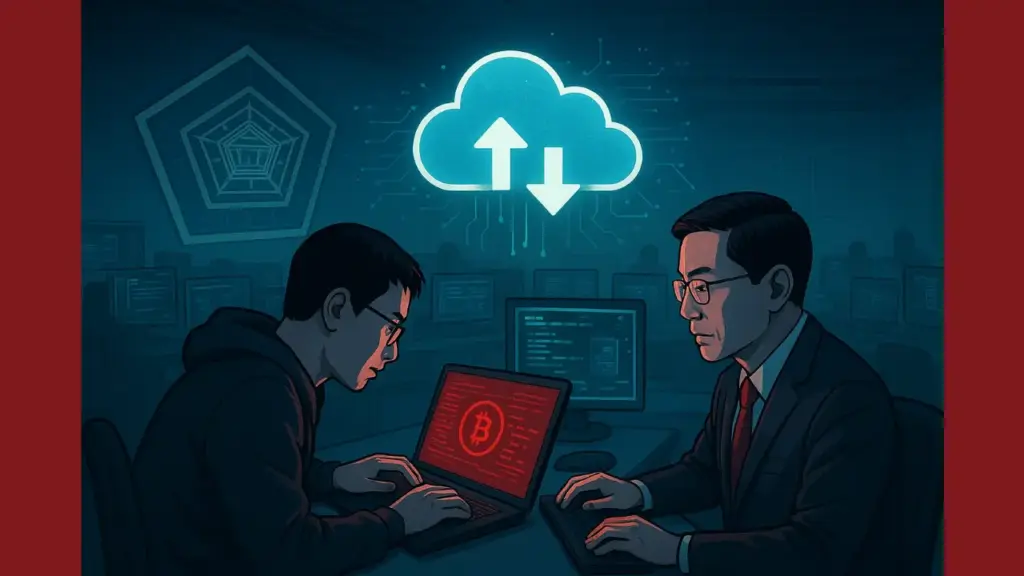Introduction
A massive security concern has come to light. Chinese engineers were helping maintain the Pentagon’s cloud systems under Microsoft’s “Digital Escort” Program. U.S. personnel acted as intermediaries, called “digital escorts.” But many lacked the technical expertise to spot dangerous code or malicious behavior.
This isn’t just a corporate misstep. It’s a risk to national security. It shows how outsourcing defense maintenance without strong oversight can put sensitive military data in danger. In this blog, we explore what went wrong, what risks were exposed, and lessons for the future.
2. The Breach Uncovered
- For close to ten years, Microsoft allowed engineers in China to help maintain cloud systems used by the U.S. Department of Defense.
- These foreign engineers did not directly access Pentagon cloud systems. Instead, U.S.-based “digital escorts” with security clearances took direction from these engineers and executed commands.
- The data involved were “high-impact level” data. That means data where loss of confidentiality, integrity, or availability could have severe or catastrophic adverse effects.
- Experts found gaps: many escorts lacked coding or deep technical skills. They may be unable to detect malicious code disguised as routine maintenance commands.
3. Outsourcing Defense: The Hidden Danger
Outsourcing parts of defense infrastructure can bring efficiencies: cost savings, round-the-clock support, global expertise. But when foreign nationals are involved, especially from rival nations, risks rise sharply.
- Risk of Espionage & Sabotage: Engineers working from abroad can be under pressure or legal obligation to assist their home governments. Chinese law, for example, can require cooperation with state security forces.
- Weak Oversight and Accountability: If oversight is minimal or individuals supervising foreign work lack technical skills, defects or malicious code may go unnoticed.
- Lack of Transparency: This “digital escort” program was not widely known even inside the Defense Department. Many officials said they never heard of it.
4. Microsoft’s Role in Pentagon Cloud Maintenance
- Microsoft designed this “digital escort” model to reconcile its global workforce with U.S. government rules that demand citizenship or residency for those with access to sensitive data.
- The company claimed that foreign engineers had no direct access and that U.S. escorts with clearances would review or enact any change.
- Microsoft was pushed into change after ProPublica’s investigation revealed potential risks. The company has since terminated use of China-based engineers for Pentagon cloud systems.
5. The Digital Escort Program: Oversight Under Fire
- The Digital Escort Program was supposed to protect sensitive systems by having U.S. cleared personnel oversee foreign engineering input. But oversight here failed in many ways.
- U.S. “digital escorts” often lacked coding or system-administration skills. So they could not meaningfully evaluate whether instructions from Chinese engineers were safe.
- There was limited public or internal knowledge of the program. Even DoD’s own IT agency had trouble locating someone familiar with it.
- After the report, DoD halted the program. Secretary of Defense Pete Hegseth called it a breach of trust. He ordered audits and required all contractors to identify and terminate Chinese involvement in DoD cloud systems.
6. National Security Implications
- Possible Data Breaches: Though no confirmed espionage via this program has been publicly reported, the potential for exfiltration or insertion of malicious code remains serious.
- Trust and Credibility Erosion: Allies and adversaries alike watch what happens. Losing control over sensitive systems weakens public confidence and undermines America’s stance in cybersecurity.
- Supply Chain & Contractor Risks: It’s not just Microsoft. Any vendor using foreign technical resources under weak oversight can introduce risk. Governments will likely tighten rules.
- Legal & Policy Fallout: DoD is now investigating. Contractors will be under pressure to disclose their foreign subcontractors. Existing contracts might need renegotiation.
7. Lessons for the Future
- Stricter Vetting & Skills Matching: U.S. personnel overseeing foreign engineers must have strong technical backgrounds. Oversight should not be just procedural; it must be effective.
- Close the Loopholes: If rules require U.S. citizenship or residency for sensitive tasks, firms should not be able to route around that via intermediaries.
- Transparency & Audits: Full disclosure in contracts about foreign participation should be mandatory. Independent audits should verify that all procedures are followed.
- Invest in Domestic Capabilities: Relying too heavily on foreign engineers reduces control. Programs like “fractional cto” services — where outsourced technology leadership is part-time or contract-based — can help smaller agencies or contractors get high technical oversight without huge costs.

8. Conclusion
The Microsoft “Digital Escort” breach is a wake-up call. It reveals how outsourcing, even when superficially managed, can introduce dangerous vulnerabilities when oversight is weak. America must rethink its defense contracting, strengthen rules, and ensure every actor involved is held to the highest standard. As we move forward, models like fractional CTO oversight could play key roles for agencies and companies wanting strong control without overextending resources.
Security isn’t negotiable. Trust must be earned. And if we want to protect what matters, we must insist on transparency, competence, and accountability. At startuphakk, we believe every tech or defense system should be designed with those values from the ground up.




